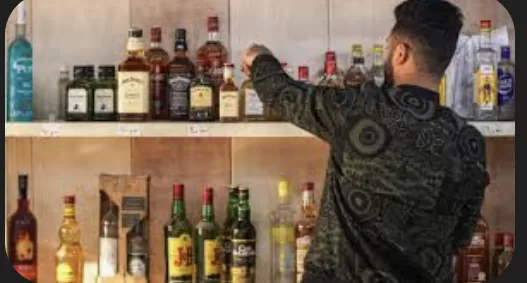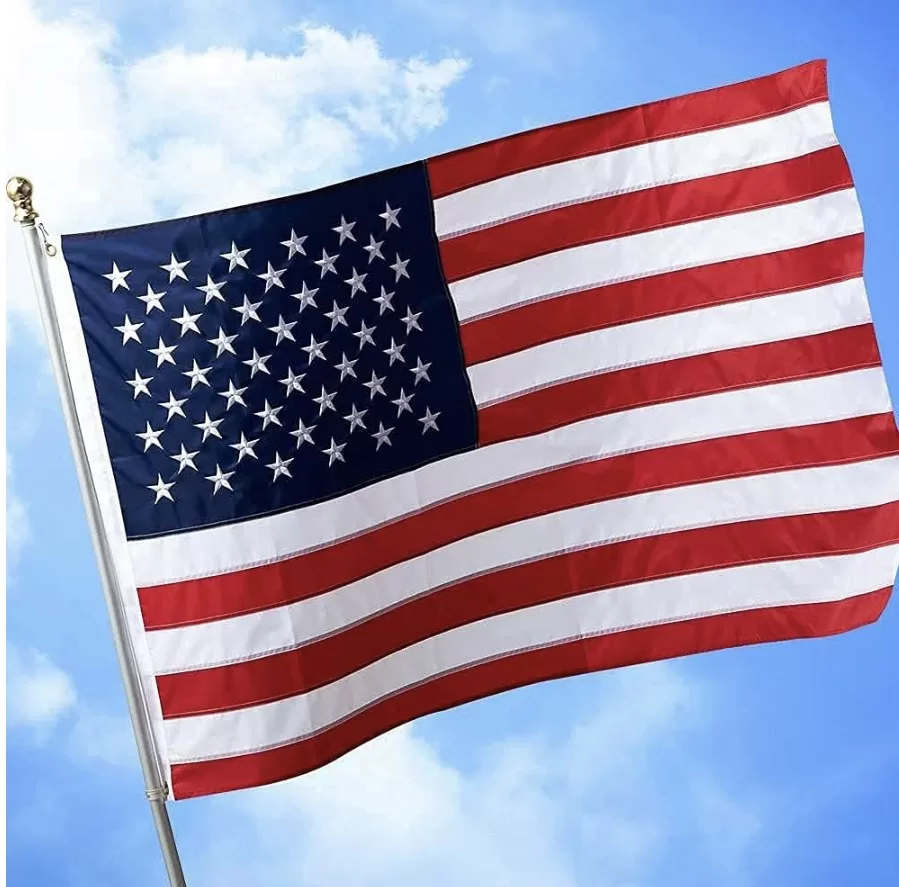U.S. Surgeon General Vivek Murthy’s warning about the increased cancer risks associated with alcohol consumption could resonate most with younger Americans, who are already shifting away from alcoholic beverages in favour of healthier alternatives like mocktails and juices.
The announcement aligns with a broader trend among Millennials and Gen Z adults, whose consumption of alcohol has been steadily declining over the past decade.
While the proposed update to alcohol warning labels remains uncertain due to potential legislative hurdles, the cultural shift among younger demographics may accelerate efforts to change public perceptions of drinking.
Declining Alcohol Use Among Young Adults
According to the U.S. Substance Abuse and Mental Health Services Administration (SAMHSA), 49.6% of Americans aged 18 to 25 reported drinking alcohol in the past month in 2023, down significantly from 59.6% in 2013. This decline reflects changing attitudes towards health, social norms, and the rise of non-alcoholic beverage options.
Brooklyn resident Amy Hudson, 35, exemplifies this shift. After experiencing chronic migraines in 2021, Hudson reduced her alcohol intake dramatically and turned to mocktails enriched with ingredients like pineapple, cherry juice, and ginger to manage her symptoms.
“It’s been a great way to incorporate anti-inflammatory foods into my diet while still enjoying flavourful drinks,” she said.
Industry Response and Market Trends
The non-alcoholic beverage sector is flourishing, fuelled by demand from health-conscious consumers. Sean Goldsmith, CEO of The Zero Proof, an e-commerce platform for non-alcoholic drinks, noted that 90% of his customers are alcohol drinkers seeking healthier alternatives.
People are becoming more aware that alcohol isn’t great for their health,” Goldsmith said, pointing to the popularity of “Dry January,” a month when many abstain from alcohol after the holiday season. More than 60% of The Zero Proof’s shoppers are women, primarily Millennials aged 28 to 43.
Public Health Advocacy and Alcohol’s Risks
The World Health Organisation (WHO) and the American Medical Association (AMA) have increasingly focused on the risks associated with alcohol consumption, drawing parallels to the global campaign against tobacco.
The AMA reiterated its stance last week, emphasising the link between alcohol and cancer. “Despite decades of compelling evidence, many people remain unaware of the risks,” the AMA stated.
Public health advocates argue that labelling alcohol products with cancer warnings could serve as a critical first step in reducing consumption. However, sceptics like Sara Martin, a 42-year-old salesperson in Los Angeles, believe the shift will require more than labels.
“It took years of public awareness campaigns to firmly link cigarettes and lung cancer,” Martin said. “But labelling is a step in the right direction.”
Cultural Shifts in Drinking Norms
In industries with traditionally heavy drinking cultures, younger professionals are beginning to push back. Martin, who isn’t participating in Dry January, sees mocktails as a valuable option for work events.
“I’m glad to see younger colleagues advocating for change in compulsory drinking norms,” she added.
Implications for Health and Policy
The Surgeon General’s announcement could accelerate conversations around alcohol regulation, including warning labels and marketing restrictions. As public awareness grows, policymakers may face increased pressure to address alcohol-related health risks, potentially mirroring efforts that have curbed tobacco use.
As younger generations increasingly prioritise health over social drinking norms, the Surgeon General’s warning may amplify ongoing shifts in alcohol consumption. Coupled with industry innovation and growing public health advocacy, this trend could reshape the cultural and regulatory landscape of drinking in the United States.










